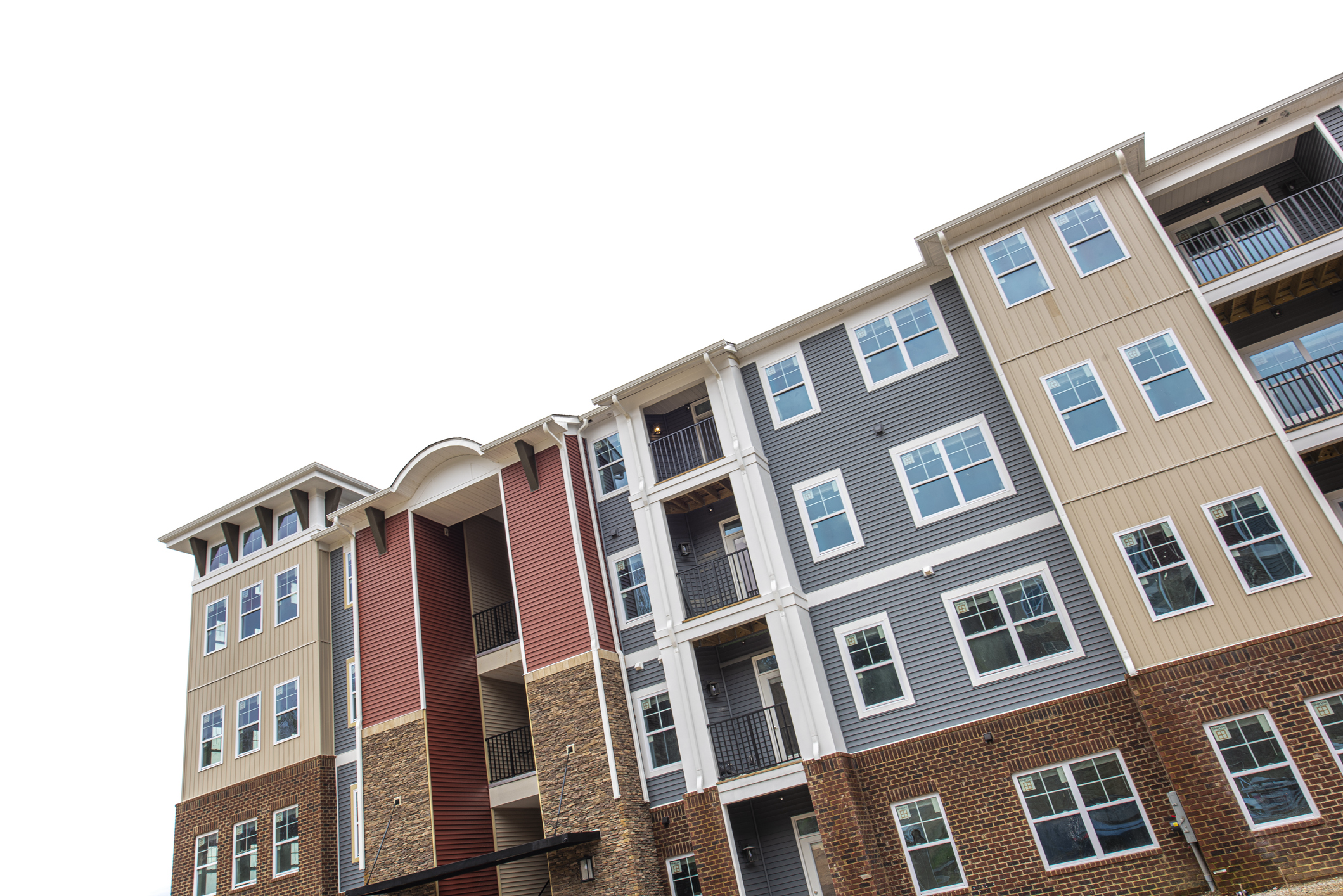Permanent Supportive Housing (PSH) refers to providing affordable housing with voluntary supportive services to address homelessness. PSH is considered a Housing First principle, meaning there are no preconditions (e.g., sobriety, enrollment in mental health services, etc.) for program participants to access housing. Housing first approaches to addressing homelessness support the idea that homelessness is most efficiently ended by providing someone with access to safe, decent and affordable housing. PHS is designed to build independent living and tenancy skills, with services that connect people with community-based health care, treatment, and employment services. The approach to services provided in PSH may vary from on-site case coordination or management that ensures tenants’ access to a wide variety of services to on-site location of those services.
Who is Supported by Permanent Supportive Housing?
PSH is a proven solution to homelessness, specifically those who are chronically homeless. Investments in PSH have historically helped reduce the number of people experiencing chronic homelessness, as well as generally improving housing stability and health. Compared to emergency services, PSH is a cost-effective, preventative measure to addressing homelessness.
PSH programs are often created with a specific vulnerable subpopulation in mind to provide housing and necessary services to those in need. For example, some PSH programs target chronically homeless people with disabilities, LGBTQIA+ elders and youth, and older adults.
City Spotlights:
Salinas, CA and Fayetteville, AR
In collaboration with Step Up and Homekeys, the City of Salinas has a permanent supportive housing program that keeps individuals housed. The program uses the “Housing First” model to minimize barriers to entry into permanent supportive housing. The project is funded in-part by Family Homelessness Challenge Grants and Technical Assistance Program grants designed to promote rapid innovation, accelerate nascent programs, and expand promising practices to create scalable solutions that can be shared across the state to address and ultimately end family homelessness. Housing types in the city and surrounding region funded by the PSH program include hotels, multi-family apartments, and adult residential facilities.
The Hearth Program is implemented by the City of Fayetteville and designed to provide Permanent Supportive Housing and case management to those experiencing homelessness. The program fosters partnerships between landlords and the city to provide necessary supportive services to those experiencing homelessness and in need of support beyond the methods of Transitional Housing. Additional supportive services include applying for government assistance, employment opportunities, health insurance, and financial literacy training.
How Can Cities Provide Permanent Supportive Housing?
To better support those experiencing housing insecurity and homelessness, cities can consider developing solutions such as:
- Investing in and collaborating with local non-profit organizations to create PSH projects that support vulnerable members of the community.
- Developing innovative funding sources to finance PSH programs at the local level. For example, many cities have utilized Medicaid funding to help bridge local funding gaps for service provision in PSH.
- Incorporating robust community engagement processes into the development of PSH programs to best encapsulate the needs and demands of the community, specifically those with lived experiences with homelessness. Additionally, community engagement processes will allow for more effective education strategies for those in opposition to the development of PSH programs.









